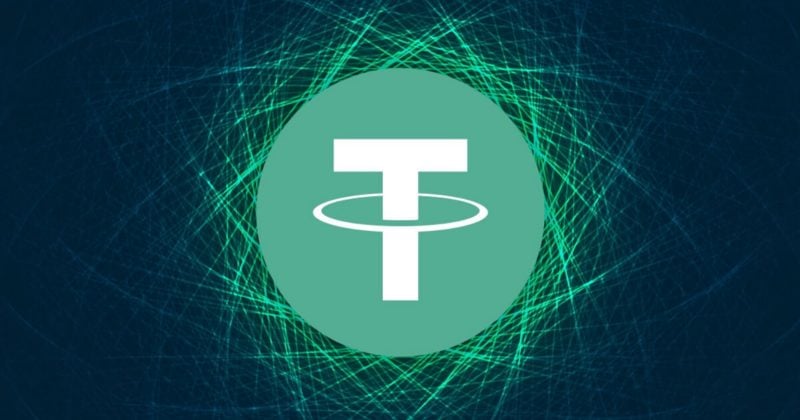The Key Takeaways
- The MiCA rollout on December 30 raises questions about Tether’s compliance with the law and its impact in the crypto market.
- Coinbase has removed USDT from its exchange due to MiCA regulations. Other exchanges are awaiting further guidance.
Share this article
Tether’s USDT Stablecoin is facing increasing regulatory uncertainty, as the European Union Markets in Crypto-Assets Regulations (MiCA), which takes effect on December 30, increases.
USDT’s operation status in the EU is being questioned by this new framework, which imposes strict compliance standards for stablecoins.
Many crypto Twitter users have spread FUD (fear uncertainty and doubt) regarding Tether. They speculated on its future stability and compliance with the new rules.
Coinbase delisted USDT ahead of MiCA regulations. Major exchanges such as Binance and Crypto.com, however, continue to trade the stablecoin while they wait for regulatory guidance.
“No regulators have explicitly stated that USDT isn’t compliant, but this does not mean that it is,” Juan Ignacio Ibañez, a member of the MiCA Crypto Alliance’s Technical Committee, told Cointelegraph.
He also said that the question of whether or not all exchanges would delist USDT in a single go, or if certain exchanges might wait for more clarification from regulators is still a key one.
Tether CEO Paolo Ardoino responded to market concerns via social media. He suggested that the FUD surrounding Tether is often bullish for crypto markets. dismissing The campaign was referred to as “poorly orchestrated” by the competitors.
MiCA requires stablecoins to obtain an emoney license, and keep up to two thirds of their reserves in independent banks. Tether is yet to receive the license required by Circle.
It is not a Bloomberg reportPascal St-Jean CEO of 3iQ Corp. highlighted the significance Tether. He stated that “a large proportion of crypto-assets trade in pairs against Tether’s USDT.”
Investors could be adversely affected by switching to stablecoins and fiat currency pairs.
The new MiCA regulations could lead to the delisting on several European crypto-exchanges of USDT, which may cause traders to switch away from USDT and exchange it for USDC fiat or EUR.
Share this article

